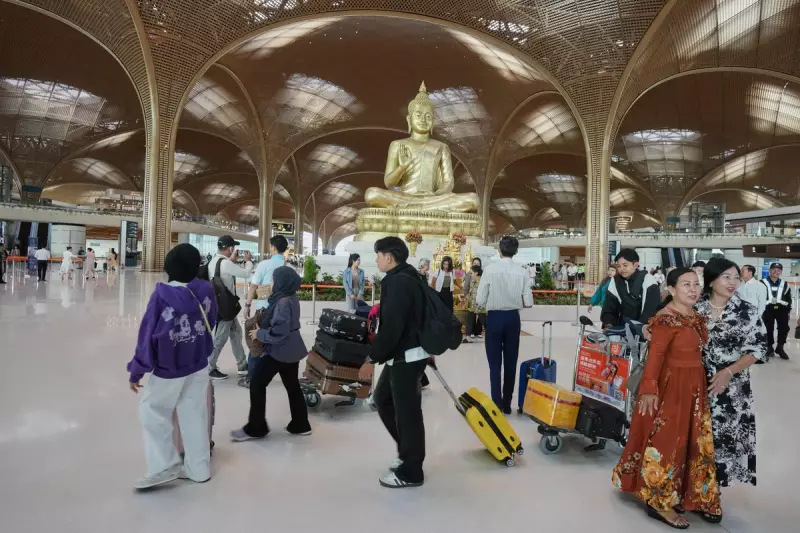
In a move that solidifies his family's political dynasty, Cambodia's former long-serving Prime Minister Hun Sen has dramatically returned to power as the nation's new Senate President. The political manoeuvre ensures the Hun family maintains ultimate control over Cambodia's governance structure despite recent leadership changes.
A Calculated Political Resurrection
The National Assembly confirmed Hun Sen's appointment on Wednesday, marking his official return to government merely months after stepping down as prime minister. This strategic positioning places him second in line to the Cambodian throne, behind his son, current Prime Minister Hun Manet, and ahead of the National Assembly president.
This arrangement effectively creates an unprecedented political trifecta with the Hun family controlling all three highest offices in the Cambodian government, ensuring their continued dominance over the nation's political landscape.
Constitutional Implications and Succession Planning
Under Cambodia's constitution, the senate president assumes the role of acting head of state when the king is overseas. More significantly, should anything happen to the monarch, the senate president would temporarily occupy the throne until a new king is appointed.
This constitutional provision takes on particular importance given King Norodom Sihamoni's frequent travels abroad and advanced age. The positioning effectively grants Hun Sen continued influence over royal affairs and succession planning.
International Reaction and Democratic Concerns
The consolidation of power within a single family has raised eyebrows among international observers and democracy advocates. Many see this as further evidence of Cambodia's democratic backsliding and the establishment of a political dynasty that mirrors other authoritarian regimes in the region.
Hun Sen's return to high office comes despite his previous claims of stepping back from frontline politics. His continued presence at the highest levels of power suggests his retirement was merely a strategic repositioning rather than a genuine departure from political life.
The move ensures that Cambodia, a nation with complex relationships with both China and Western powers, will maintain its current political trajectory for the foreseeable future, with the Hun family firmly at the helm of all major government institutions.





